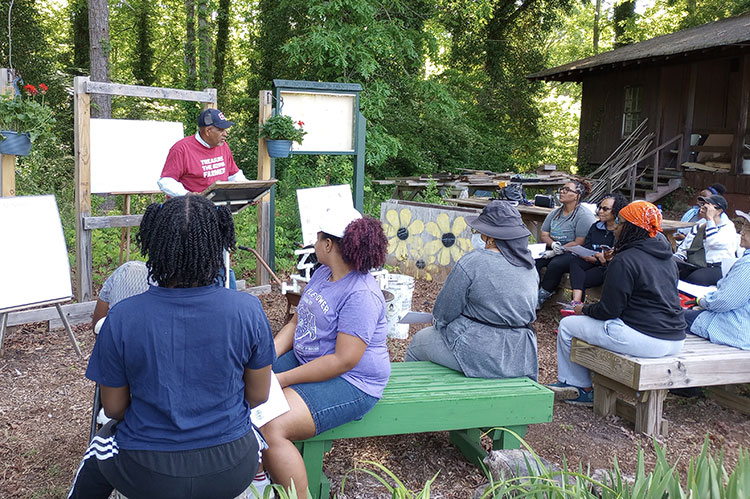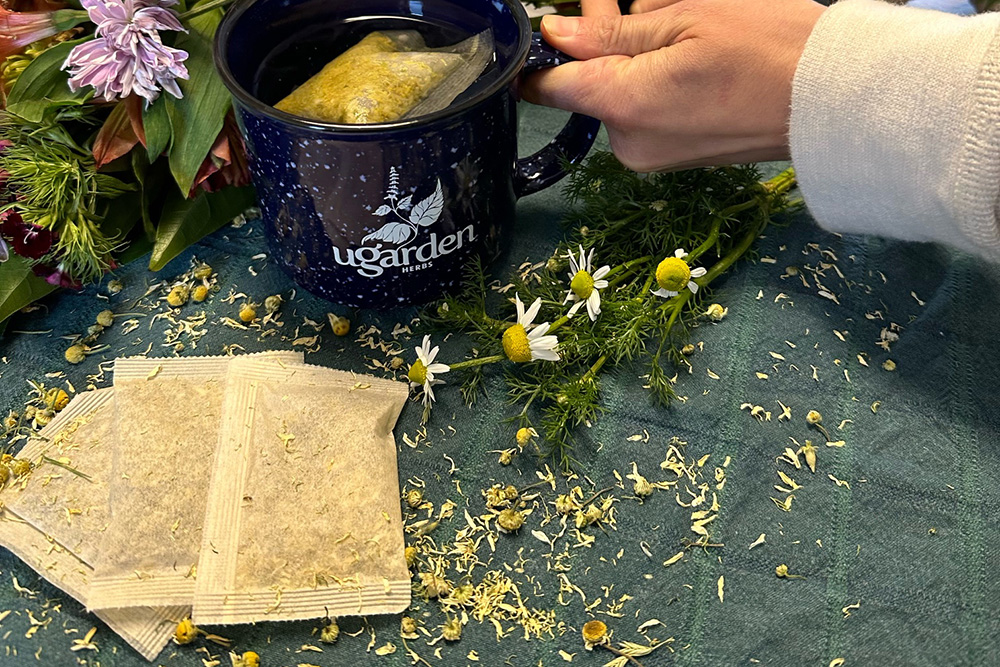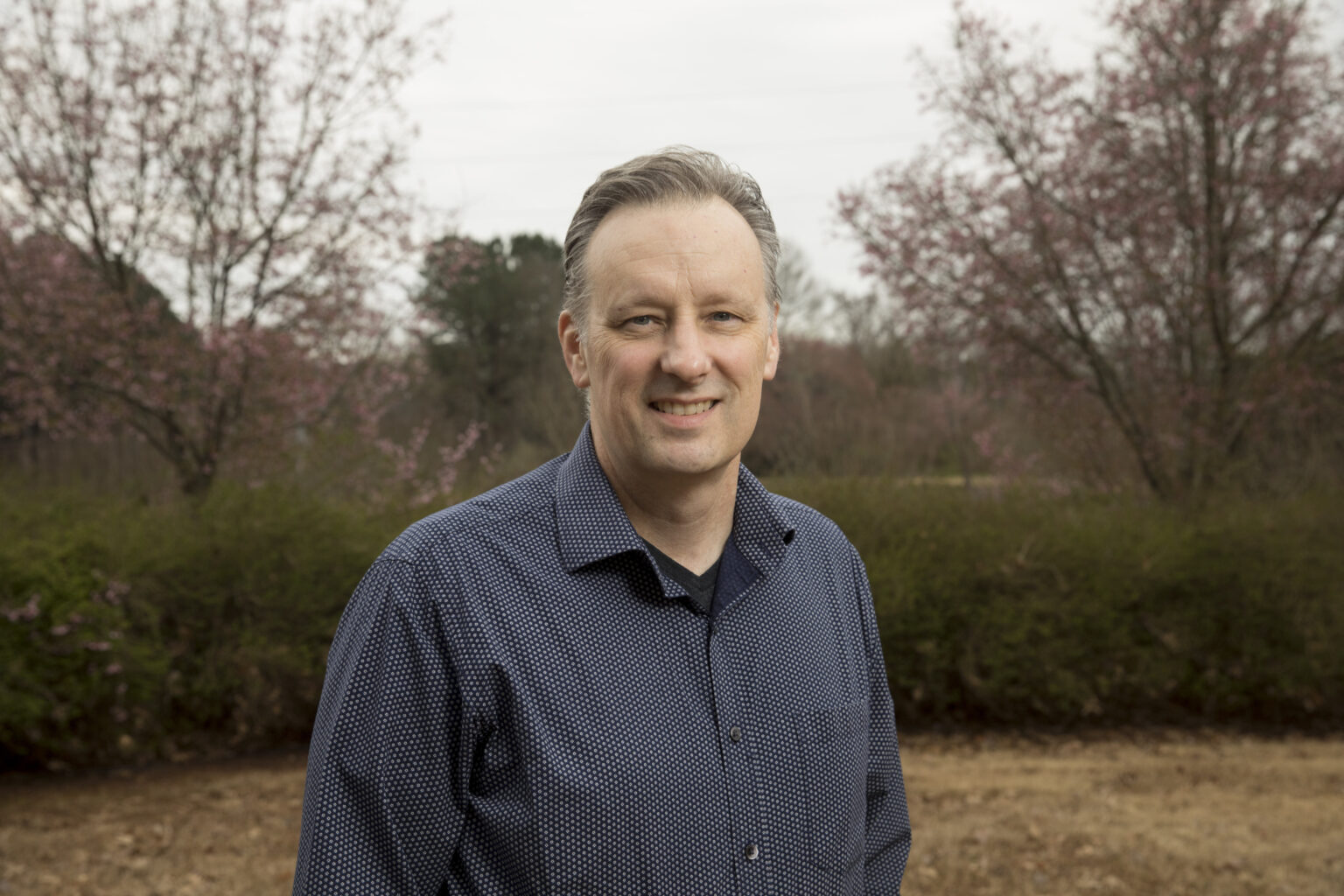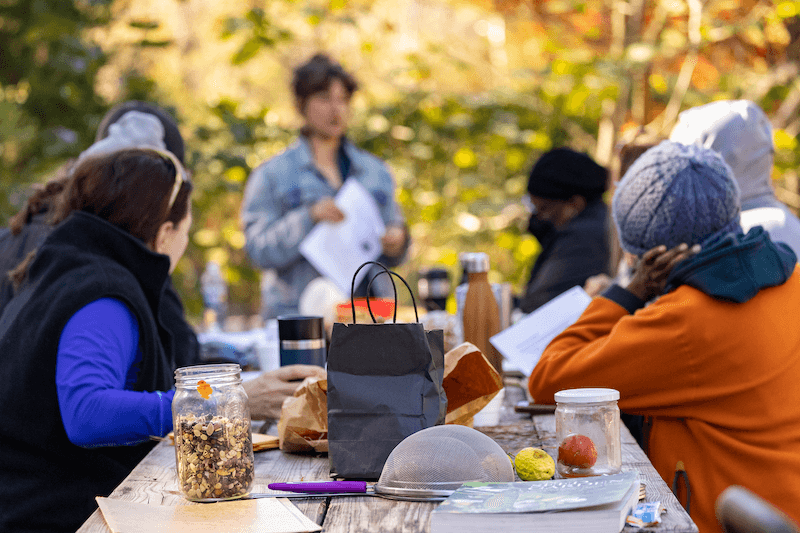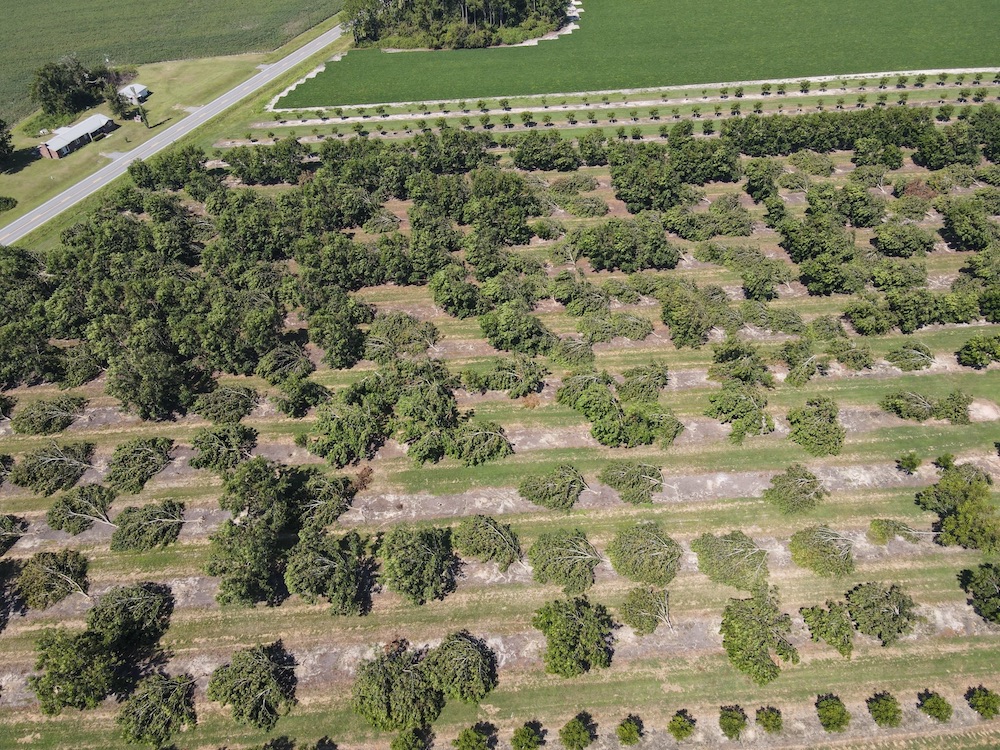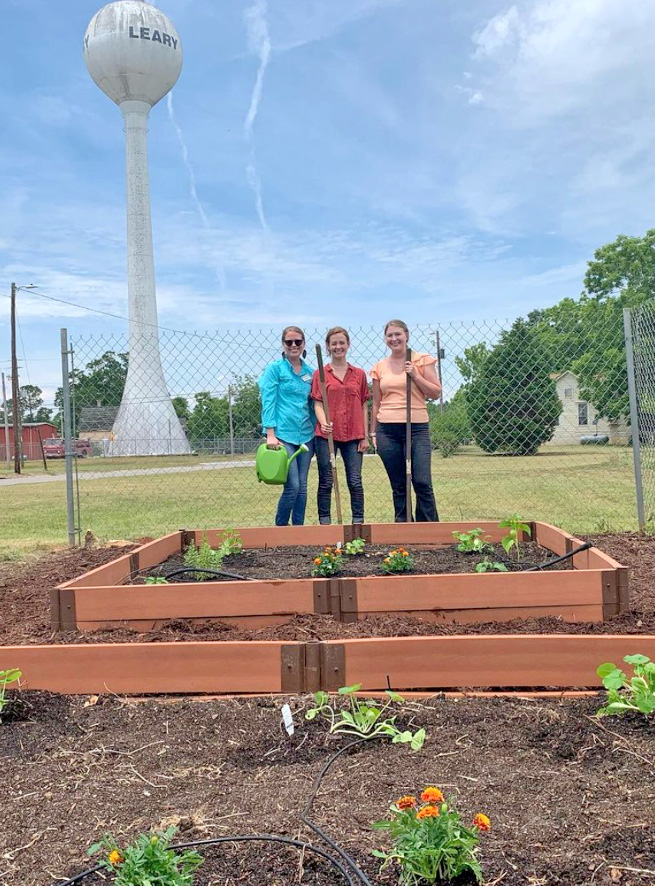
Obesity affects millions of Americans and increases the risk of stroke, Type 2 diabetes, heart disease and other causes of premature death. The percentage of U.S. adults with obesity has risen steadily from 13.4% in the early 1960s to the current average of more than 42%.
In response to this epidemic, the Centers for Disease Control and Prevention developed the High Obesity Program (HOP) in 2014. For states with adult obesity rates above 40%, the grant funds land-grant university extension programs that promote nutrition and physical activity in affected counties.
The University of Georgia received the grant in 2016 and UGA Cooperative Extension soon began implementing Healthier Together Georgia in two counties: Calhoun and Taliaferro. The grant’s second phase expanded the program to Clay, Dooly and Stewart counties in 2018.
The program doesn’t present a one-size-fits-all solution, according to Marsha Davis, dean of the College of Public Health and the grant’s principal investigator. “While the five counties are similar in their rurality and culture, they are diverse in resources, which makes working in each community a unique experience,” Davis said. Extension staff in each county brought community members together to assess the health challenges in each community and tailor interventions.
Partnering with the College of Public Health has greatly boosted UGA Extension’s impact, said Laura Perry Johnson, associate dean for Extension. “This has been a significant building block in increasing our capacity to deliver health and wellness programming across the state of Georgia.”
Access to nutrition and exercise
Building a coalition involves meeting with local government officials, business owners, educators, pastors, healthcare professionals and other citizens to get their input about health needs in the community. Grace Holmes, Healthier Together educator, facilitates many of these focus groups and said the program differs from previous efforts.
“While past interventions have focused on making better personal choices, a lot of our work emphasizes resources — that if you don’t have access to those resources, your built environment can impact your ability to be healthy,” Holmes says. “When people hear that message, it lets them know that they can do it; they just need the resources.”
With the coalition in place, members explored the community — grocery stores, markets, food pantries, parks and playgrounds — to gauge how much access residents have to nutrition and exercise, said Hannah Southall, Healthier Together’s program coordinator within UGA’s College of Public Health.
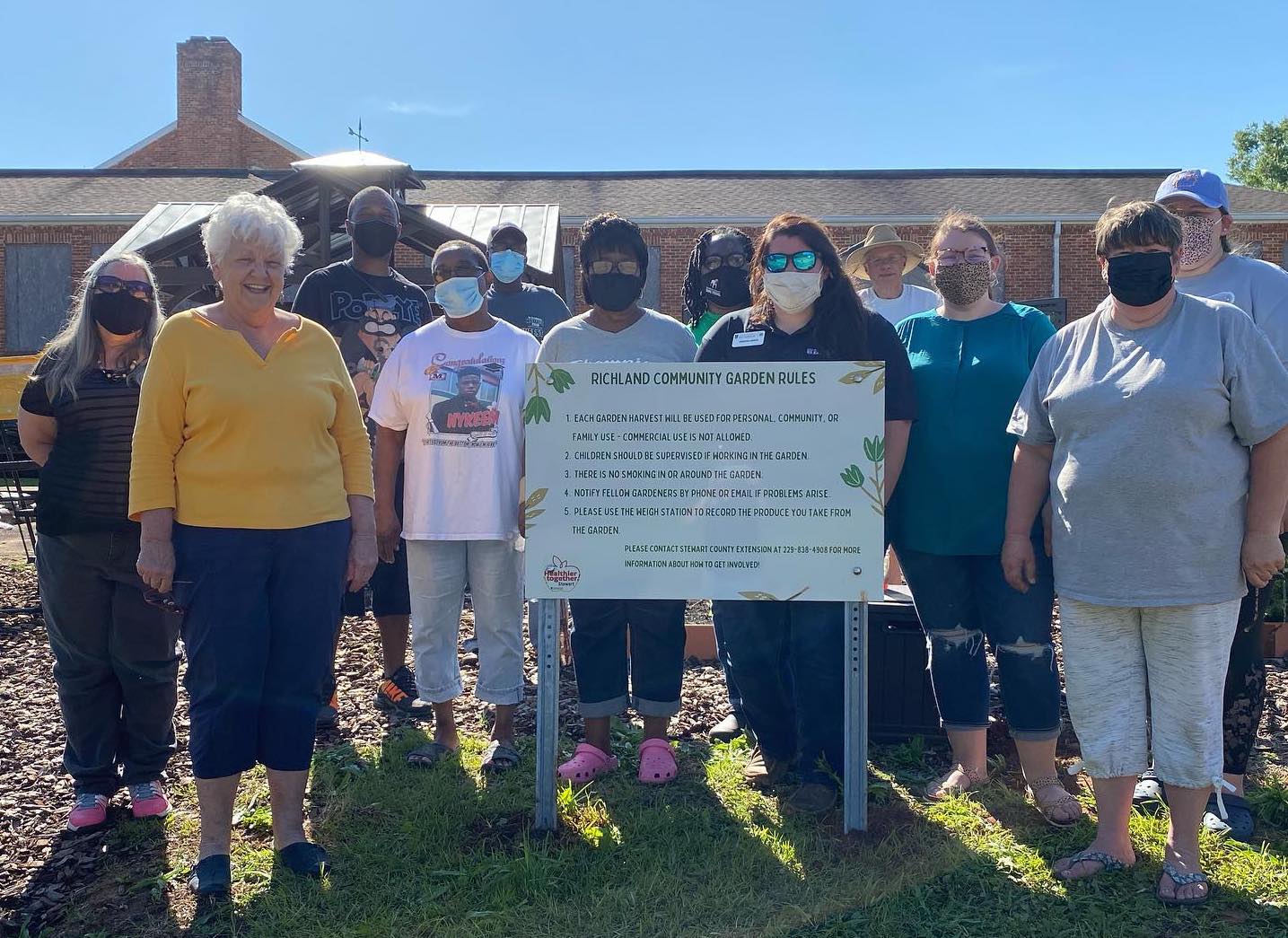
“We do a needs assessment where we look at the current food system in the area, including food availability, and the current costs of produce and healthier food items compared with regular choices,” Southall said. “We also look at physical activity and the built environment of the community to see if there are playgrounds and access to gyms in the area, what condition sidewalks are in and whether tracks at local high schools are open to the public.”
This data informs the development of projects and strategies that address the community’s specific needs. Program staff guide community leaders in applying for funding and making sure that projects meet grant requirements.
Success through partnerships
Despite grant limitations that don’t cover labor costs, Healthier Together Georgia is seeing success because it fosters strong partnerships and encourages creative thinking. Community coalitions include individuals, like the manager of a discount store where locals buy food and a state parks director who oversees area recreation.
In addition to UGA’s College of Agricultural and Environmental Sciences (CAES), College of Public Health and UGA Extension, the College of Environment and Design offers expertise by analyzing built environments and designing modifications that increase physical activity access.
Coalition members can already point to positive changes in their communities. Newly installed walkability signs encourage exercise by showing walking times to neighborhood destinations. Parks and playgrounds are being refurbished and walking paths improved. Newly developed guidelines help food pantries acquire more nutritious donations. Local markets and pantries now have grab-and-go coolers that increase storage for perishable items. And community gardens are providing even more access to fresh fruits and vegetables.
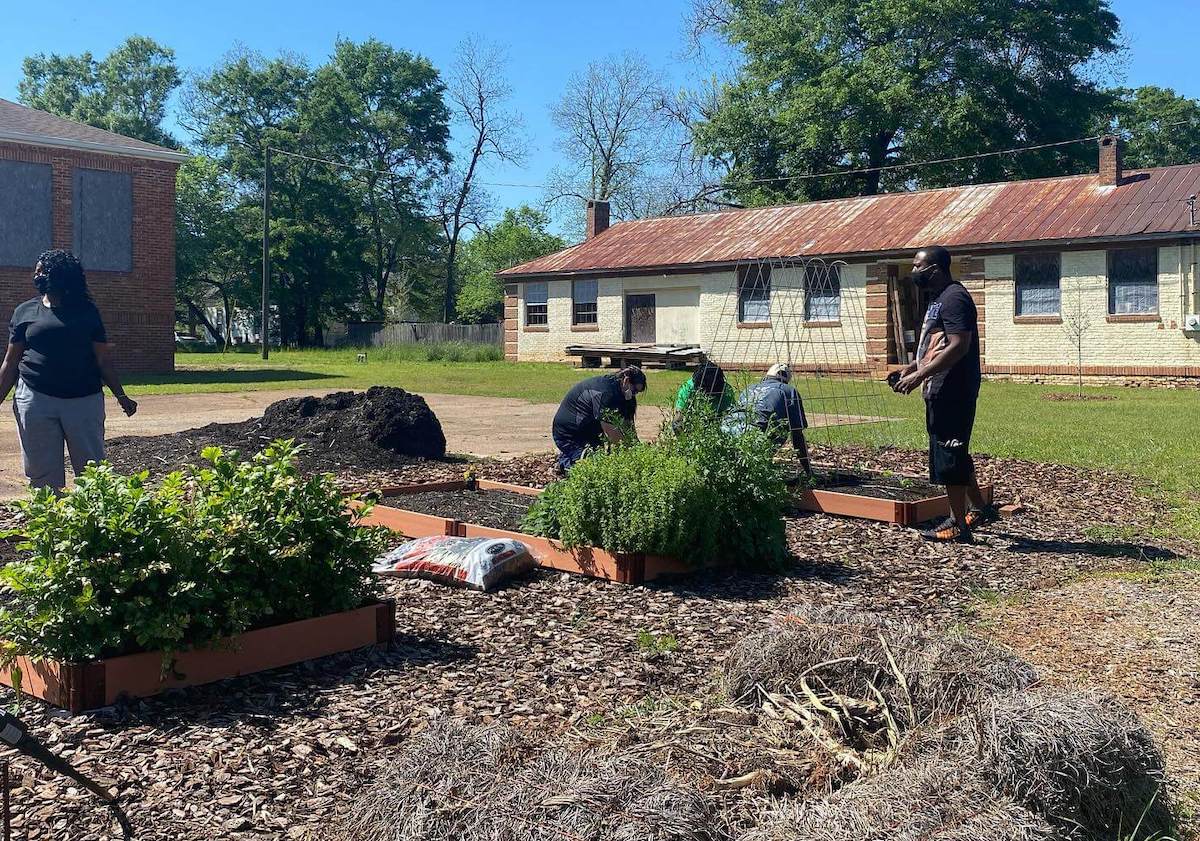
Community gardens have been the program’s biggest success, said Denise Everson, Northeast District program development coordinator for UGA Extension and CAES.
“The gardens bring together different groups in the community and promote sharing resources,” Everson said. “One of the larger gardens once had too much soil delivered and shared the extra soil with a smaller garden just getting started. That kind of cooperation really creates community spirit, which makes these projects sustainable.”
As Healthier Together is still in progress, a significant decrease in obesity in these counties may not be measurable for several years. But local leaders and volunteers are fully invested in the program, and this ownership is what will advance the work after the current HOP grant expires in 2023. What is certain is that UGA Extension will continue providing resources to these communities, as it has done throughout Georgia for more than a century.

